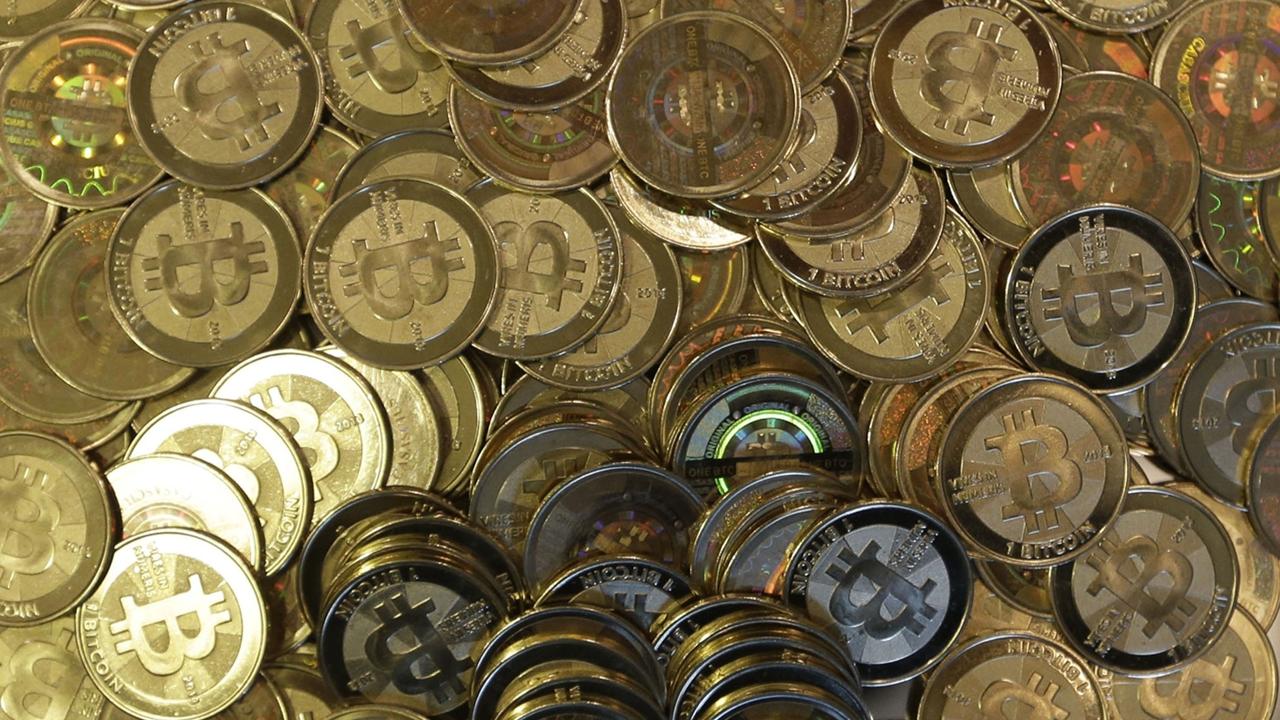Bitcoin and others can't make up for gold
The sudden rise of cryptocurrencies, like bitcoin, have some seeing this alternative asset as the new gold for a digital age. However, investors should be aware that gold and related exchange traded funds are very different from digital currencies.
"In our view, bitcoin and cryptocurrencies more generally are not a substitute for gold. Gold is a tried and tested effective investment tool in portfolios," the World Gold Council said in a research note.
The SPDR Gold Shares (NYSEArca: GLD) remains a go-to vehicle of choice for safe-haven investors and for those seeking to maintain their purchasing power with a rising inflationary outlook. GLD is also gaining momentum in recent weeks, rising 6.5% over the past month, and more investors are taking notice as the ETF has attracted $874 million in net inflows over the past week, according to XTF data.
The World Gold Council reminds investors that gold is very different from cryptocurrencies since the physical precious metal is less volatile, has a more liquid market, trades in an established regulatory framework, has a well understood role in an investment portfolio and has little overlap with cryptocurrencies on many sources of demand and supply.
"These characteristics underpin gold’s role as a mainstream financial asset that will likely continue to resonate in today’s digital world," according to the World Gold Council.
In contrast, cryptocurrency's investment thesis appears quite different from gold. The digital currency have yet to be tested in multiple market conditions - since bitcoin's inception in the wake of the financial downturn, the equity market has been in an prolonged state of low volatility and upward trending bull market with limited pullbacks.
The cryptocurrency market is still in its early development stages and liquidity is sparse. Meanwhile, its pricing has behaved more on high return expectations. For instance, bitcoin, the most widely recognized cryptocurrency, has increased 13-fold in 2017 but it has exhibited volatility that is some 10 times that of the dollar-denominated gold bullion - bitcoin recently plunged more than 40% since its mid-December highs and has shown average moves of 5% each day.
"While this is good for investors looking for extremely high investment returns, it is hardly a characteristic of a currency, let alone a store of value, potentially limiting bitcoin’s use as a transaction token," the World Gold Council said.
Along with the various market differences of gold and cryptocurrencies, at the end of the day, gold is a widely authorized and regulated asset that trades in many markets. Some observers are concerned that cryptocurrencies are at great risk of sudden restrictions from countries concerned about capital flight. For instance, China has greatly restricted their use, and more recently, South Korea has announced more regulatory measures.
Furthermore, on a tax basis, the U.S. Internal Revenue Service see each transaction on cryptocurrencies is considered an asset sale, which can complicate transactions with retailers like Amazon, Target and Wal-Mart, limiting its use as an actual currency alternative.
"This brings us to the point of whether cryptocurrency is being used for transactions or if it is traded and held more as a speculative investment," the World Gold Council added.
This article was provided courtesy of our partners at etftrends.com.




















